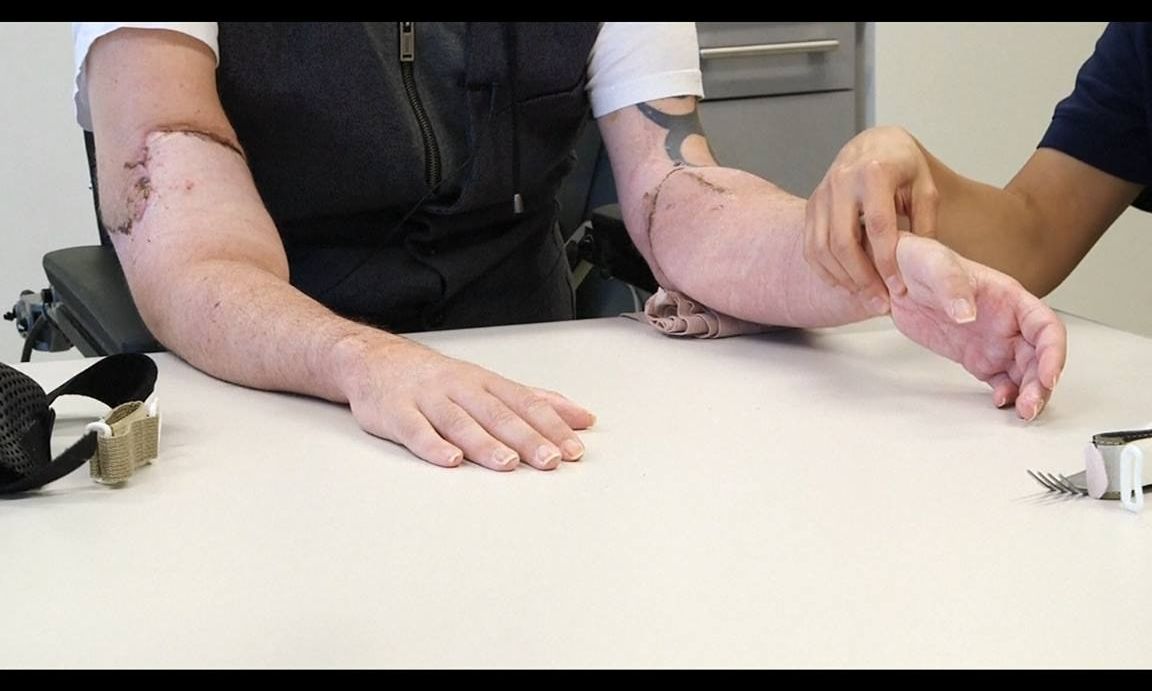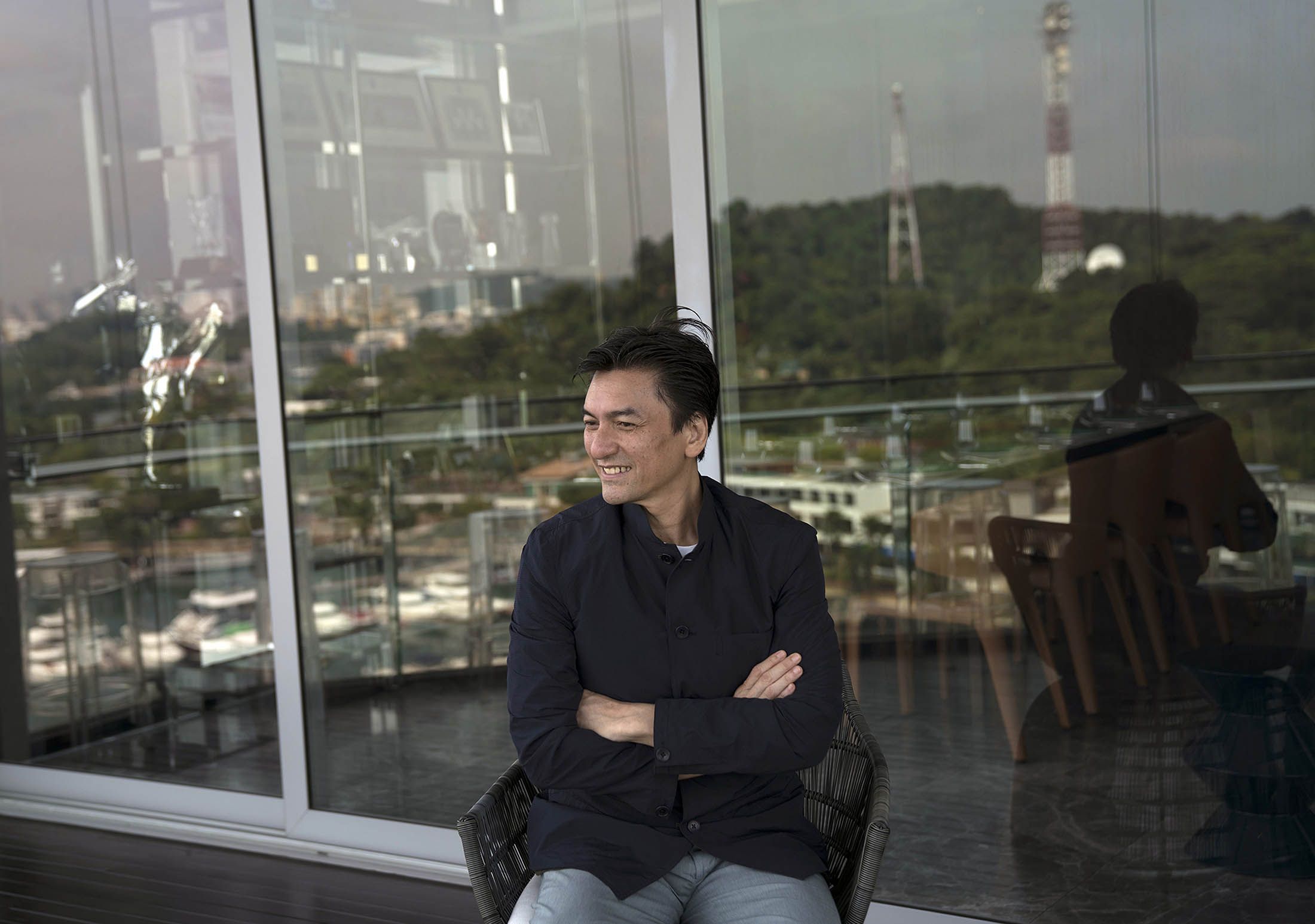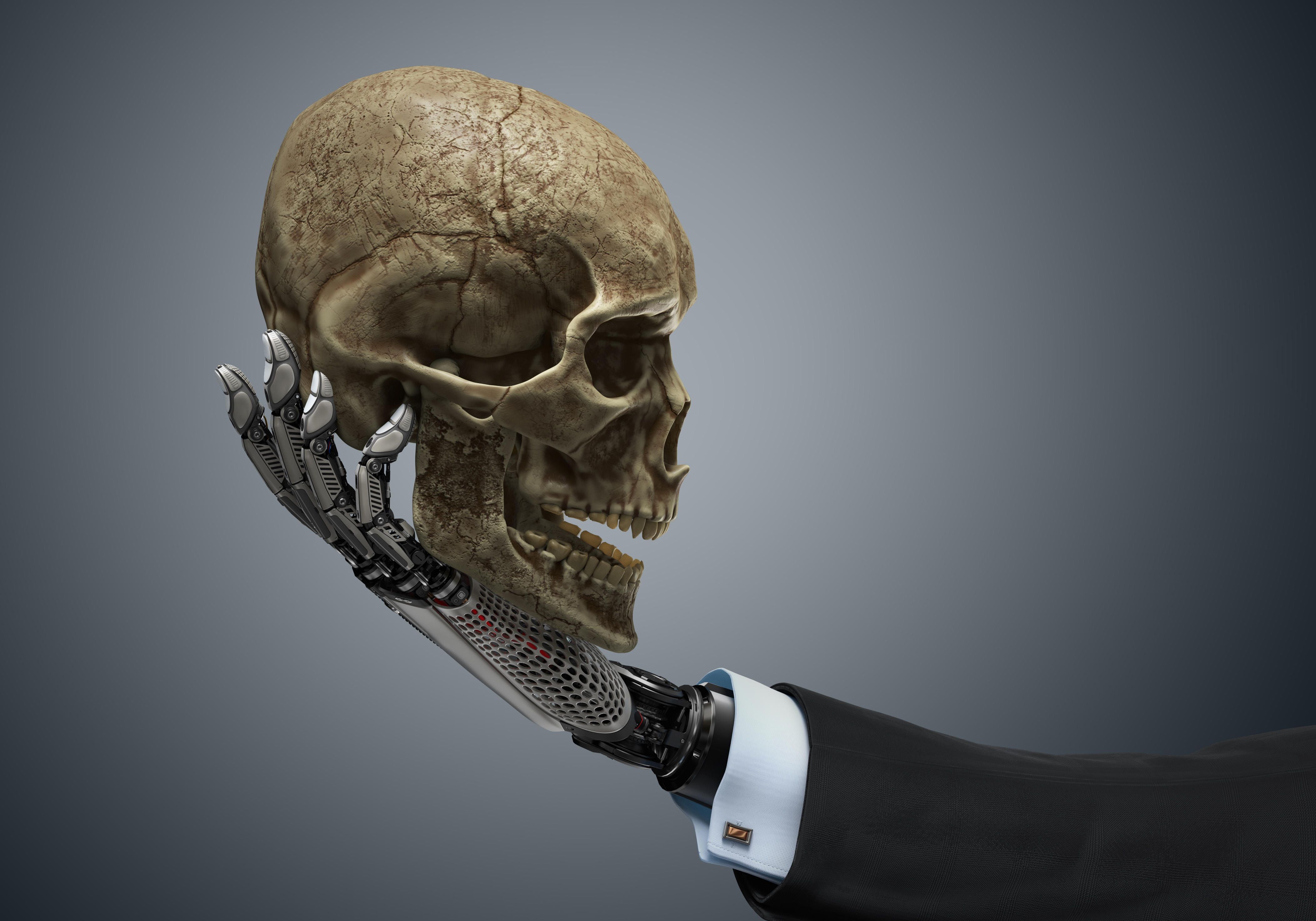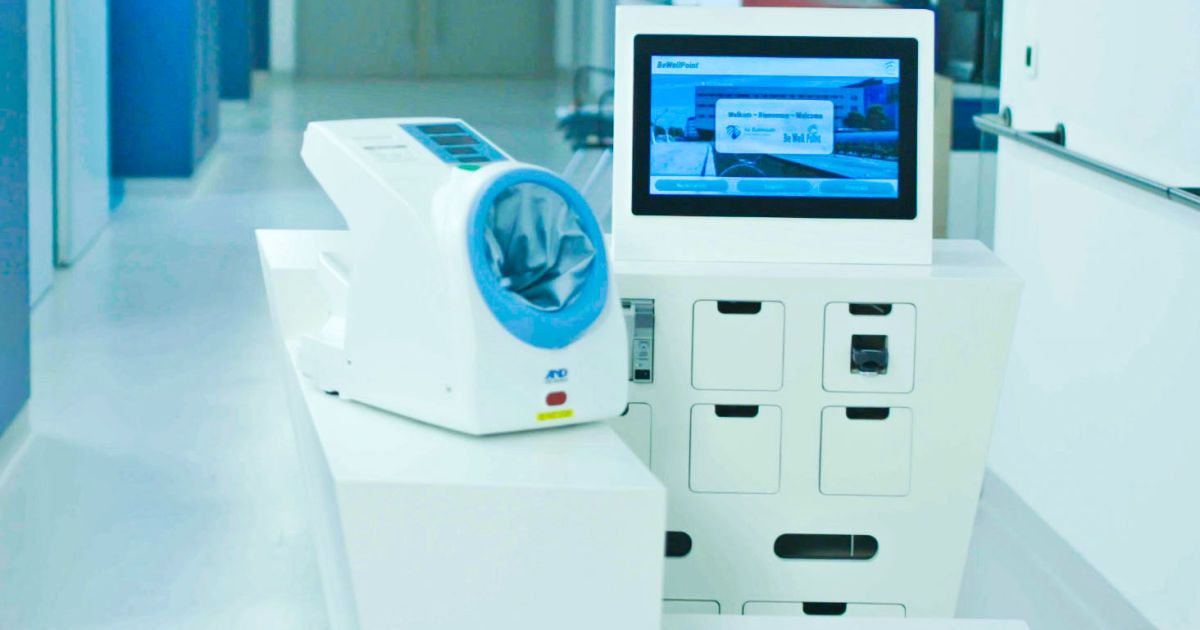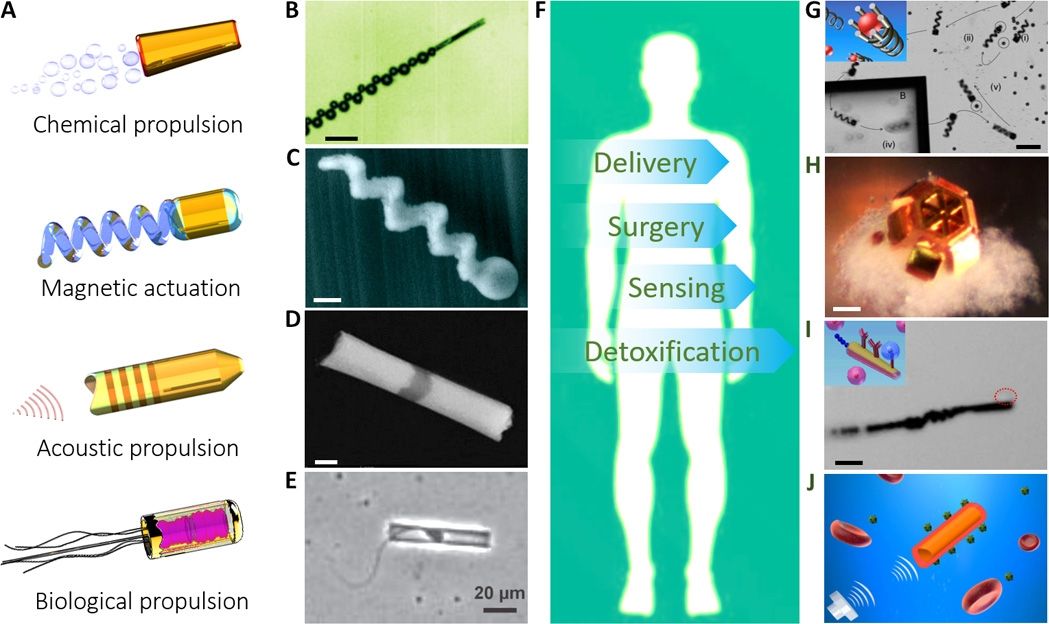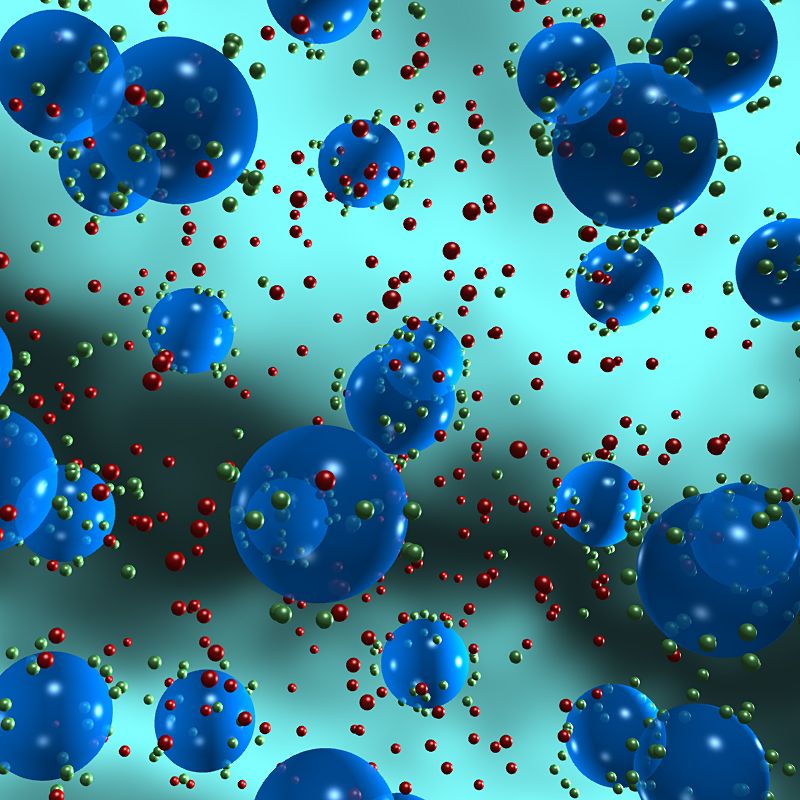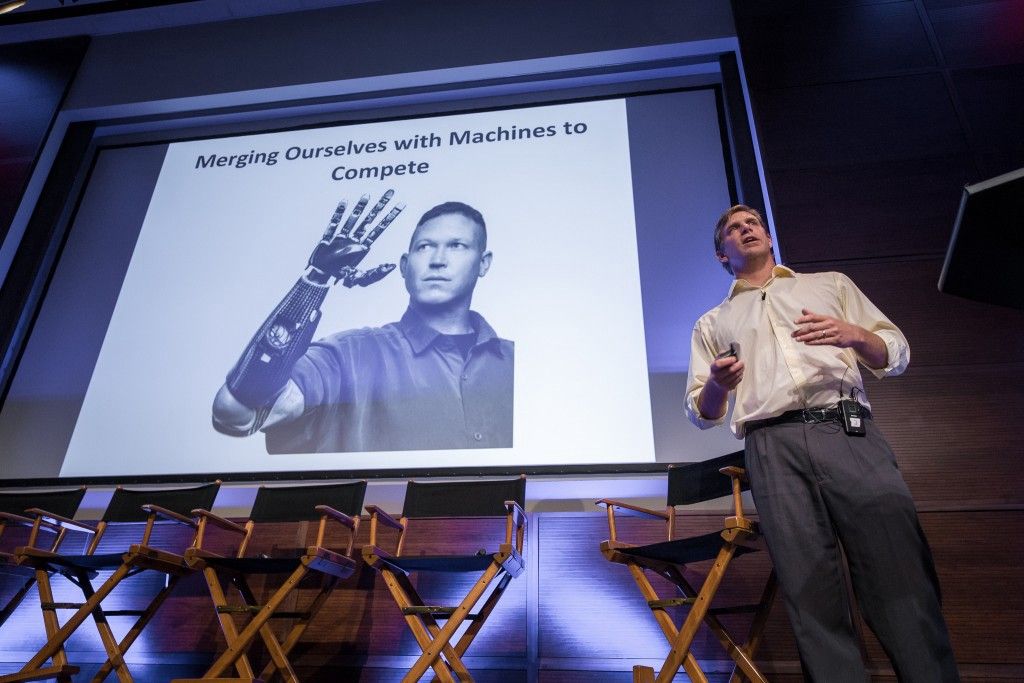Archive for the ‘biotech/medical’ category: Page 2531
Mar 11, 2017
Eternal Youth Is the Next Big Bet for Singapore Venture Capitalist
Posted by Alexander Rodionov in categories: biotech/medical, life extension
Mar 10, 2017
Thinking Machines: 7 of the Best Books on Artificial Intelligence
Posted by Zoltan Istvan in categories: biotech/medical, cyborgs, robotics/AI, singularity, transhumanism
More news on the new #transhumanism book just out: To Be a Machine. http://www.signature-reads.com/2017/03/7-best-books-artificial-intelligence/ & https://undark.org/article/30154-2/ & http://bookforum.com/blog/17478
Decades ago, if you were writing about robots, it was probably in one of two forms: either a science fiction narrative, or something short about the handful of robots that could be purchased for home or recreational use. Now things have changed. Home devices can recognize and respond to speech, prosthetic technology has been dramatically advanced, and our very understanding of what constitutes a robot has significantly changed.
With these advances in technology have come other questions, some pertaining to the nature of intelligence, some relating to the lines between humanity and machines, and still more that use our research into robotics to explore what makes us human. So, with that in mind, here’s a look at a handful of the best books on artificial intelligence, dealing with questions of robots, body modification, the Singularity, and more. Crank up Flight of the Conchords’s song set after a robot uprising and dig in.
Continue reading “Thinking Machines: 7 of the Best Books on Artificial Intelligence” »
Mar 9, 2017
Life and death: When the end arrives, should we upgrade or shut down?
Posted by Zoltan Istvan in categories: biotech/medical, cryonics, geopolitics, law, life extension, transhumanism
Transhumanism appearing in the American Association for the Advancement of Science’s (AAAS) magazine: Science…
Modern technology and modern medical practice have evolved over the past decades, enabling us to enhance and extend human life to an unprecedented degree. The two books under review examine this phenomenon from remarkably different perspectives.
Mark O’Connell’s To Be a Machine is an examination of transhumanism, a movement characterized by technologies that seek to transform the human condition and extend life spans indefinitely. O’Connell, a journalist, makes his own prejudices clear: “I am not now, nor have I ever been, a transhumanist,” he writes. However, this does not stop him from thoughtfully surveying the movement.
Continue reading “Life and death: When the end arrives, should we upgrade or shut down?” »
Mar 8, 2017
Meet the automated triage nurse of the future
Posted by Nancie Hunter in categories: biotech/medical, employment, robotics/AI
If you think that the march of automation isn’t going to affect jobs in the medical profession, then, uh, you better sit down. A Belgian company called BeWell is showing off WellPoint, a self-service kiosk that’s designed for patients entering hospitals or clinics. The WellPoint is a touchscreen-enabled booth that operates as a first port of call for visitors, quickly checking your basic vitals before you see a medical professional.
Mar 8, 2017
Micro/nanorobots for biomedicine: Delivery, surgery, sensing, and detoxification
Posted by Klaus Baldauf in categories: biotech/medical, nanotechnology, robotics/AI
Micro- and nanoscale robots that can effectively convert diverse energy sources into movement and force represent a rapidly emerging and fascinating robotics research area. Recent advances in the design, fabrication, and operation of micro/nanorobots have greatly enhanced their power, function, and versatility. The new capabilities of these tiny untethered machines indicate immense potential for a variety of biomedical applications. This article reviews recent progress and future perspectives of micro/nanorobots in biomedicine, with a special focus on their potential advantages and applications for directed drug delivery, precision surgery, medical diagnosis, and detoxification.
Mar 7, 2017
Cells communicate better when not squeezed together, research shows
Posted by Saúl Morales Rodriguéz in category: biotech/medical
Scientists are beginning to realize that many cellular behaviors, such as metastasizing cancer cells moving through the body or wound healing, aren’t random events, but the result of coordinated actions by cells.
Such collective cell movement requires communication, and a new study shows that cells are most effective at communication when they aren’t tightly packed together. This was a surprise, says Andrew Mugler, a Purdue University assistant professor of physics and astronomy who studies cell behavior.
“Our hypothesis was proven wrong,” Mugler says. “Our hypothesis was that cells that are closer to each other should experience a sensory improvement. Instead, we found that long-range communication was better, even though it meant that cells had to be receiving weaker communication signals.”
Mar 7, 2017
Future Human lifespan 140 years, 500 years, 1000 years or indefinite with aging damage repair and aging reversal
Posted by Klaus Baldauf in categories: biotech/medical, life extension, Peter Diamandis
Speaking at the Aspen Abu Dhabi Ideas Forum, Dr Brad Perkins, chief medical officer, Human Longevity, said: “Right now the most daunting and expensive human health problem that the world is facing is age related chronic disease. Our hypothesis at Human Longevity is that genomics and the technologies that support its application in medicine and drug discovery are going to be the next accelerant in extending a high performance human lifespan.
Dr. Brad Perkins and other anti-aging researchers at commercial companies made the more conservative for anti-aging researchers that within about 40 years human longevity (maximum lifespan) will reach 140 years. Current life expectancy is about 80 years but with some countries and states at about 90 years for women. The confirmed longest lived person reached 122 years of age.
Mar 7, 2017
Biotech’s 3D Breakthrough
Posted by Klaus Baldauf in categories: 3D printing, bioprinting, biotech/medical, health
Every day in a San Diego lab, raw material derived from donated tissue unsuitable for organ transplantation goes into a machine, and three-dimensional human liver tissue is printed out.
Pioneered by a company called Organovo, this 3D bioprinting technology may one day achieve the Holy Grail of its industry: the manufacturing of whole human organs to replace damaged ones. But for now, it’s already making an impact on human health, as pharmaceutical and biotech companies are using its manufactured human liver tissue to test the toxicity of new drugs and therapies.
Organovo is developing multiple tissue types for therapeutic use, with strong early results in animal models. In three to five years, there’s a good chance that it will have an Investigational New Drug Application in at least one tissue. The company’s strategic plan is coming to fruition just as its chief scientific officer, Sharon Presnell, envisioned when she joined the startup in 2011.
Mar 7, 2017
Zoltan Istvan Wants to Create Superpeople —Oh, and Also Be California’s Governor
Posted by Zoltan Istvan in categories: bioengineering, biotech/medical, economics, governance
I did a long-form interview on Medium’s Defiant of my run for California Governor. It covers many subjects (Trump, gene editing, basic income), as well as why I think technology is ready to change politics and governance forever:
By AJAI RAJ
Stop me if you’ve heard this one before. It’s 2015, and the ever-humming machinery of American presidential politics is picking up steam. The American political machine runs on steam, okay? It’s very old.
